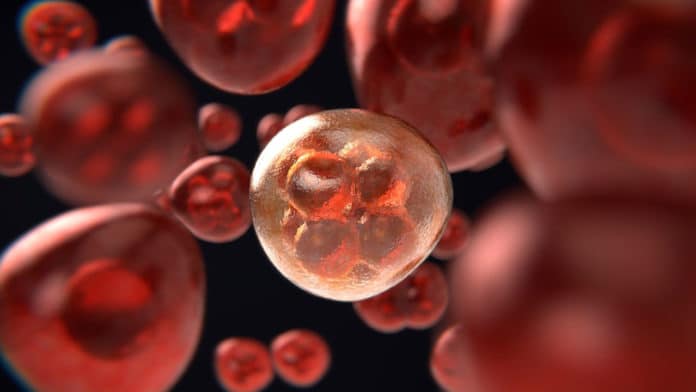Effective management of advanced cancer requires systematic treatment, including small molecules that target unique features of aggressive tumor cells. In the meantime, tumors are heterogeneous and current proof proposes that a subpopulation of tumor cells, called tumor-initiating or cancer stem cells, are responsible for metastatic dissemination, tumor relapse, and conceivably drug resistance.
Classical apoptotic drugs are less effective against this critical subpopulation. In the course of generating a library of open-chain epothilones, scientists investigating improvements to a commonly used chemotherapy drug have discovered a new class of small molecule anticancer agents that show promise in eradicating cancer stem cells.
Most fascinating is, the drug sensitivity is highest in tumor cells with a mesenchymal phenotype. Scientists noted that the study is a breakthrough that does not only treat tumors, but it also ensures cancer doesn’t return years later.
Dr. William Taylor, a professor in the Department of Biological Sciences in the UToledo College of Natural Sciences and Mathematics, said, “Not all cancer cells are the same, even in the same tumor. There is a lot of variabilities and some of the cells, like cancer stem cells, are much nastier. Everyone is trying to figure out how to kill them, and this may be one way to do it.”
At the point when specialists expel a tumor surgically or target it with chemotherapy medications or radiation treatment, cancer may appear to be gone. Be that as it may, proof proposes that a tiny subpopulation of adaptable cancer cells can remain and circulate through the body to seed new metastasis in far away areas.
Taylor said, “You could chop the plant off, but it will drop a seed. You know the seeds are there, but they’re hiding. You pull one weed out, and another comes up right after it. Cancers can be like this as well.”
The molecule that scientists isolated seems to lock on to those stem cells and kill them by blocking their absorption of an amino acid called cystine.
Dr. L.M. Viranga Tillekeratne, a professor in the Department of Medicinal and Biological Chemistry in the UToledo College of Pharmacy and Pharmaceutical Sciences said, “At present, there are no drugs that can kill cancer stem cells, but people are looking for them. A lot of drugs are discovered by serendipity. Sometimes in research, if you get unexpected results, you welcome that because it opens up a new line of research. This also shows the beauty of collaboration. I wouldn’t have been able to do this on my own, and [Taylor] wouldn’t have been able to do it on his own.”
As the molecules selectively target cancer stem cells, it is possible that they could ultimately be paired with other chemotherapy drugs to deliver a more comprehensive treatment.
However, the researchers have found their agents show stand-alone promise in treating sarcomas and a subtype of breast cancer known as claudin-low breast cancer, which represents up to 14 percent of all breast cancers and can be particularly challenging to treat.
The study is published in the journal Scientific Reports.
